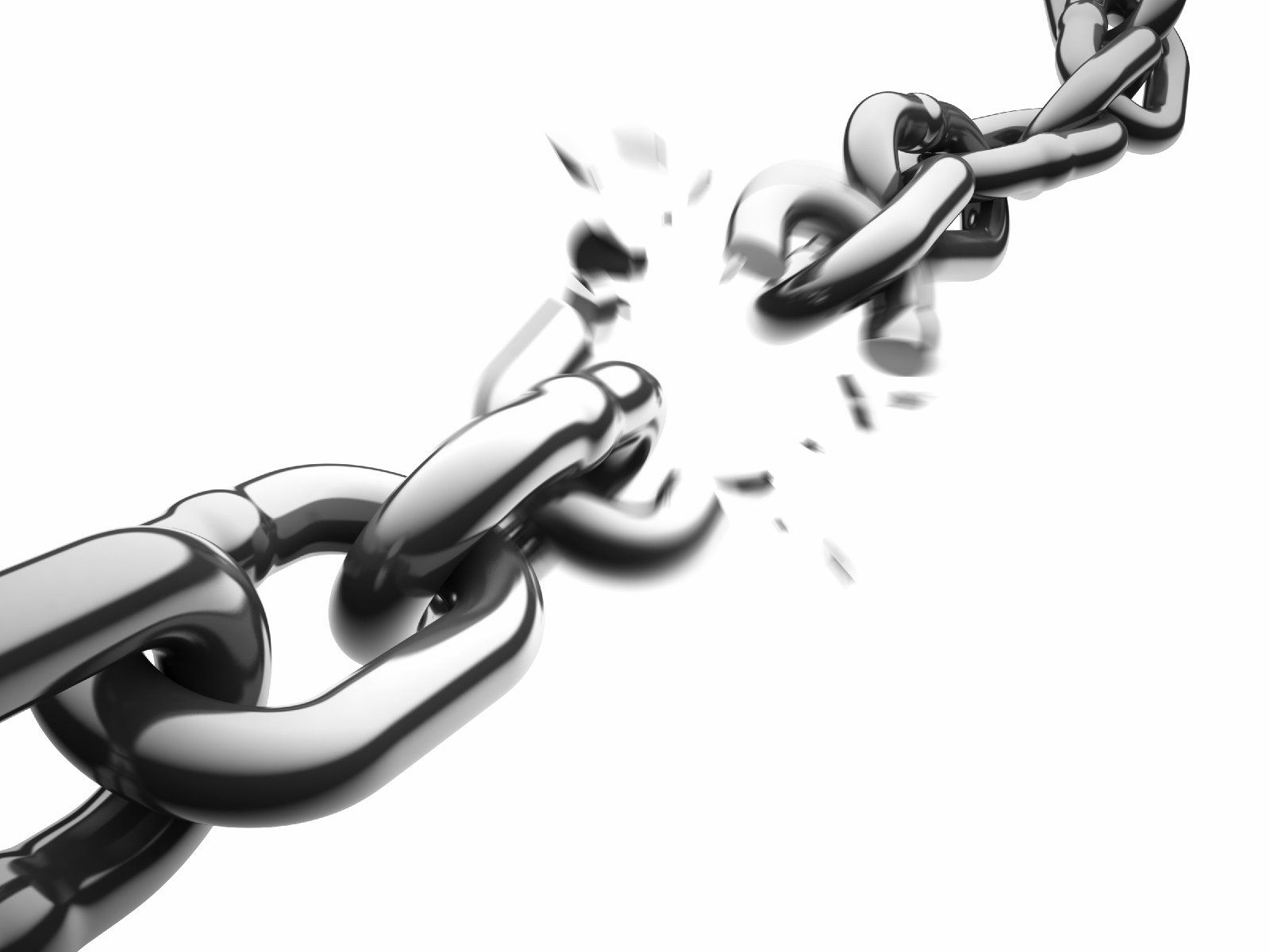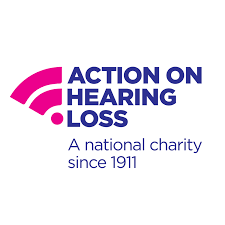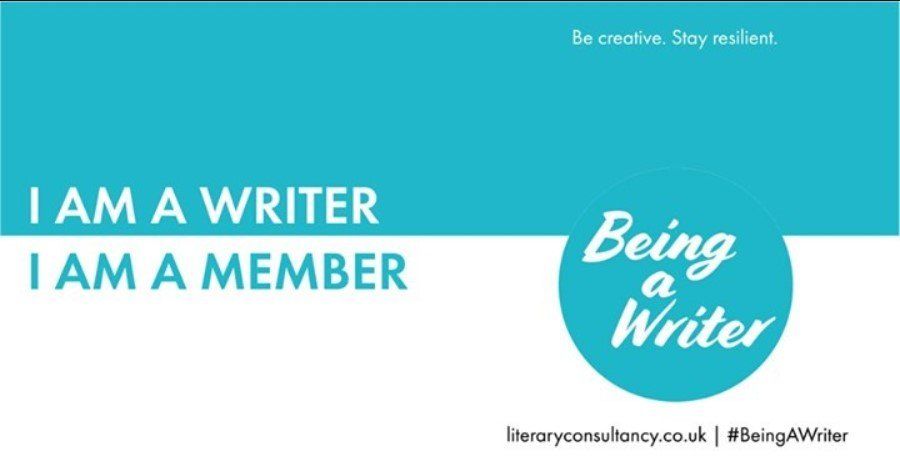Accredited Member
Challenging the Inner Critic
How to turn down the dial on your internal negative voice.
We all have an inner critic. Whether you want to call it the negative voice in your head, imposter syndrome, limiting beliefs or the demon on your shoulder, it’s one and the same and you can guarantee it’s holding you back. We are hard wired to remember the negative whilst the positive slips away - this internal wiring, part of limbic system of the brain, helps our survival and saved our ancestors from getting eaten by the sabre tooth tiger but it’s not helpful today if you only remember how your teacher said you’d never amount to much.
The good news is that scientific research has recently shown that our brain can rewire itself with a little help from ourselves. We can encourage a growth mind-set , developing our intelligence and learning new skills and attributes, they are not fixed as some once thought. So if there is something you don’t like about yourself you don’t have to live with it. You can change. As Dr Rick Hanson, a psychologist and best-selling author, says,
“ Neurons that fire together wire together. Mental states become neural traits. Day after day, your mind is building your brain. This is what scientists call experience-dependent neuroplasticity.”
That voice inside you that says, “You shouldn’t do that. Who do you think you are? What gives you the right to…? If only you were thinner, cleverer, prettier, more talented, more hardworking, etc.” can be incredibly debilitating. I attended a wonderful event on the Inner Critic recently where an established scientist who had spent her whole life creating a machine that saved lives and had the potential to save thousands more, found it almost impossible to ask for money because of her internal critic. Not only was she preventing her own ambitions from succeeding but her negative voices meant that lifesaving equipment will take longer to appear in our hospitals. This knowledge crippled her but she still found it excruciating to ask for funds she rightly deserved. Another speaker at the event, Ann Olivarius, a top sexual discrimination lawyer and responsible for getting revenge porn legislation on the statute books, spoke of how shame – another version of the inner critic – prevents so many people, predominantly women, from seeking justice.
If you think it is your fault, or that you ‘should’ have spoken up, or that ‘good girls wouldn’t have got into that situation’ your inner critic has continued your persecution when a kinder, more compassionate voice would say, ‘it is not your fault. No one has the right to abuse another human being. There are laws to protect people from being discriminated against and to protect people against verbal, physical and sexual abuse.’ An inner critic arose out of an evolutionary need to protect ourselves, but these days it can result in psychological harm, failure to seek justice and make it impossible to secure our just rewards.
So how do you turn down the dial on that negative voice? The first step is to notice it. Often we are so used to hearing it we think it is part of ourselves, but it doesn’t have to be. Once you catch yourself thinking a negative statement, for example, “I’m not very good at that.” Rephrase it. The little word ‘yet’ can work wonders, for example, “I’m not very good at that yet .” This gives room for possibility and growth. Or if it is a stronger statement, “I’m rubbish at public speaking,” think where that opinion has come from. Was it a teacher that criticised you, or a relative that mocked you? Usually these voices come from our youth. If we identify where they come from, whether it was true at the time or not, can you be compassionate to yourself and say, “Thanks for protecting me inner critic, but that was then and I can be different now.” ?
See if you can reframe your inner critic voices into positive statements. At first you may find it hard but over time if you keep repeating them you will rewire your brain with positive beliefs. Or you can try Byron Katie’s The Work method – simple and straightforward, you notice statements, write them down, question them and turn them around. For more information and videos of this in practice see her website.
It’s unlikely you’ll find a coaching website that doesn’t mention the inner critic, whether on their home page or in a blog post. That negative voice is a recurring issue that coaches work with all the time. It’s not going anywhere in a hurry so why don’t you see if you can become just a little bit more aware of it today. Awareness is the first step and once you identify that it is your inner critic, not you, that is holding you back, you can start to see the possibilities of how you can change.






















